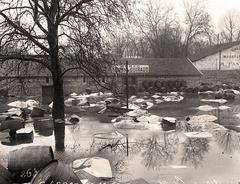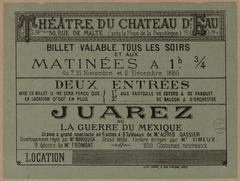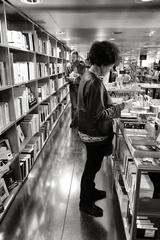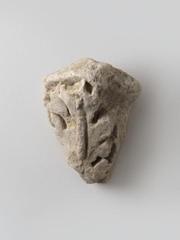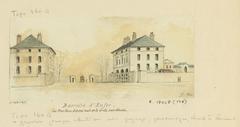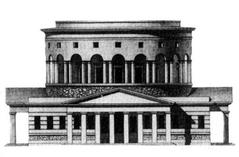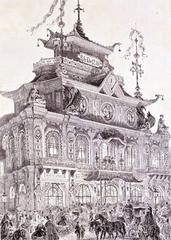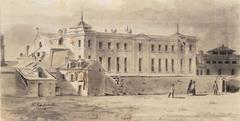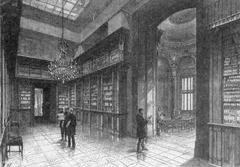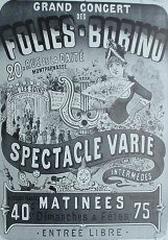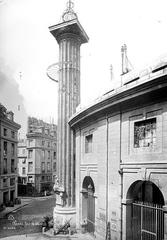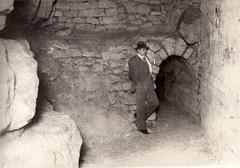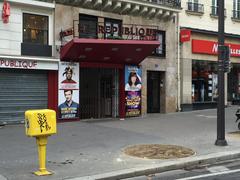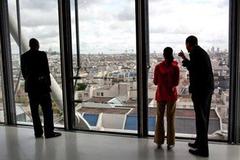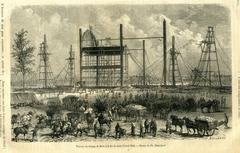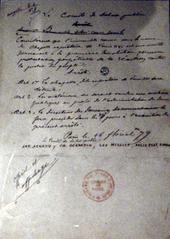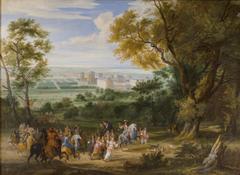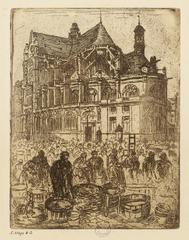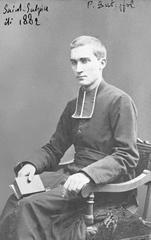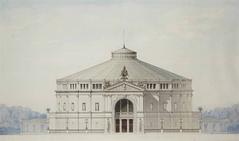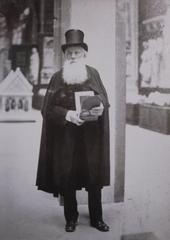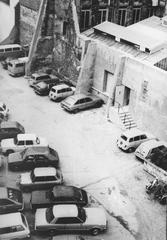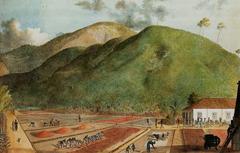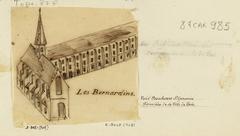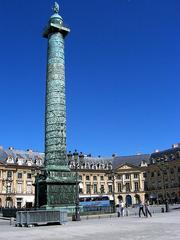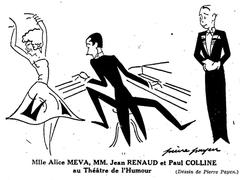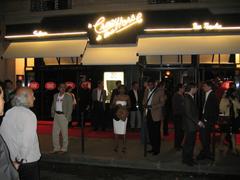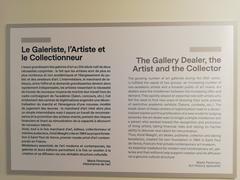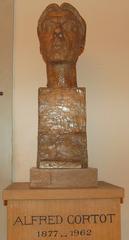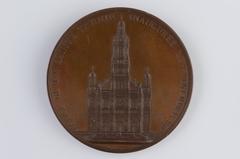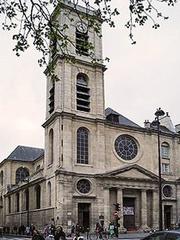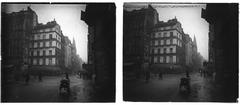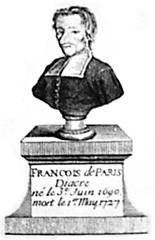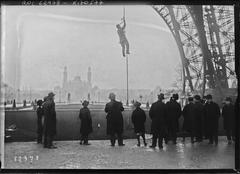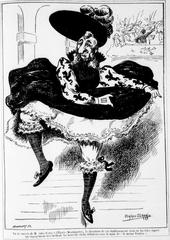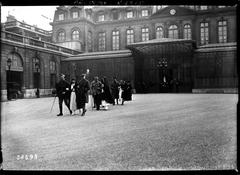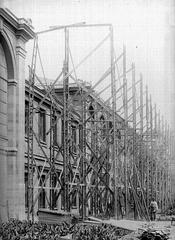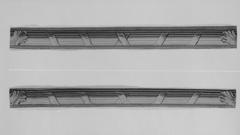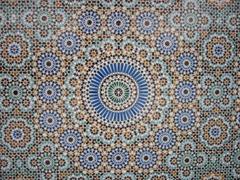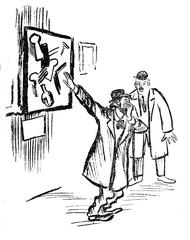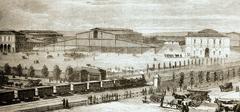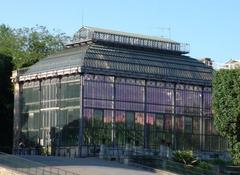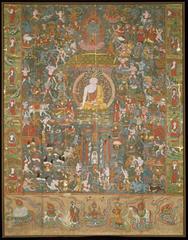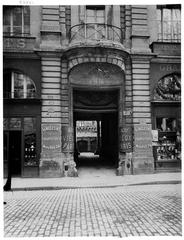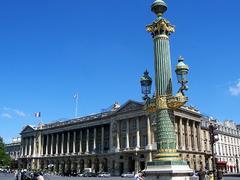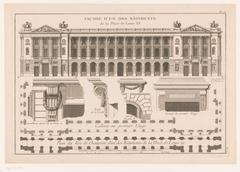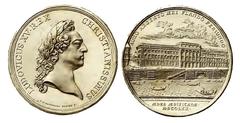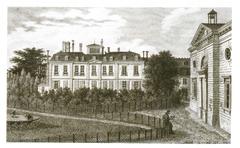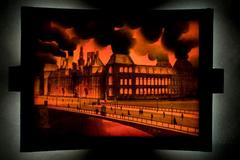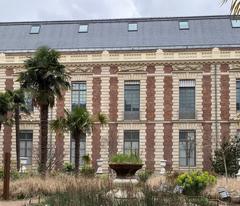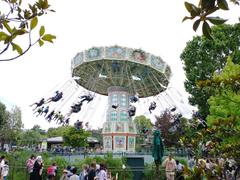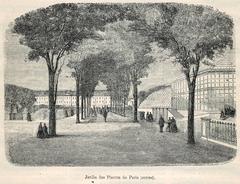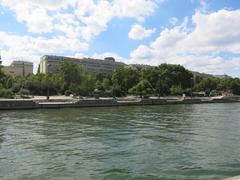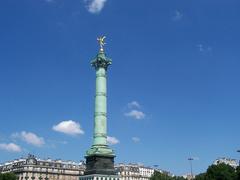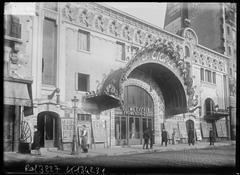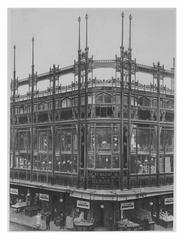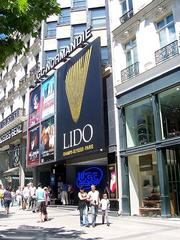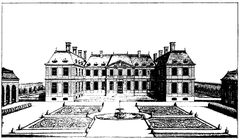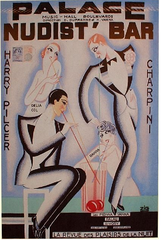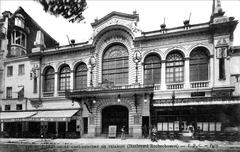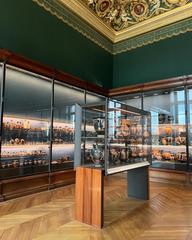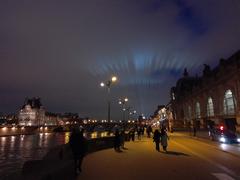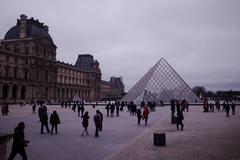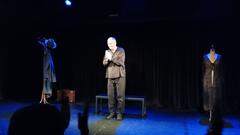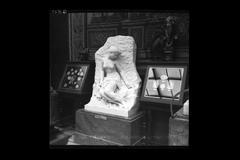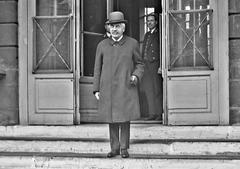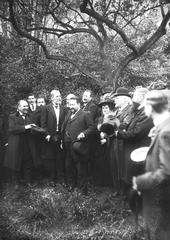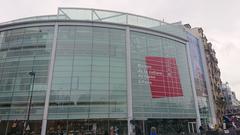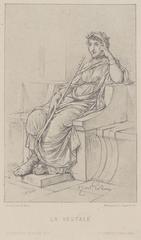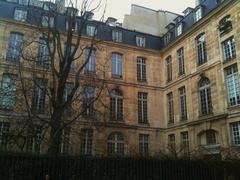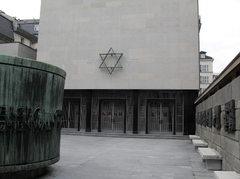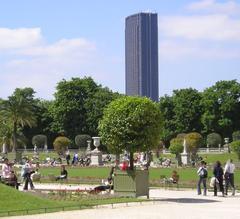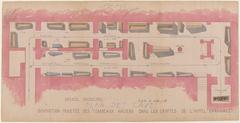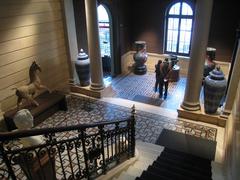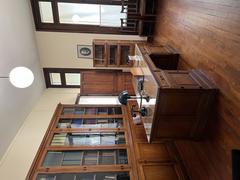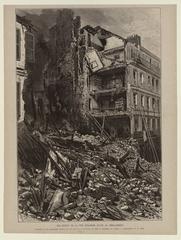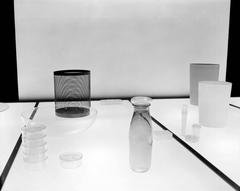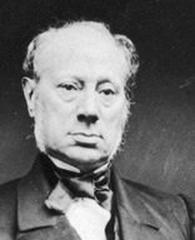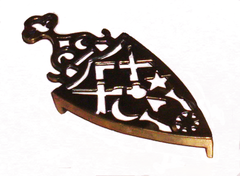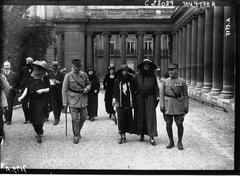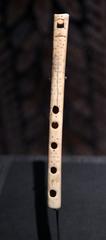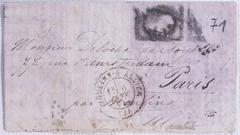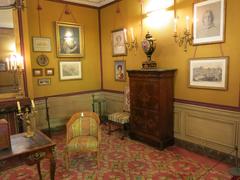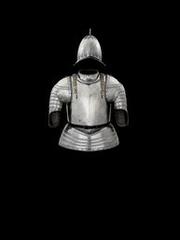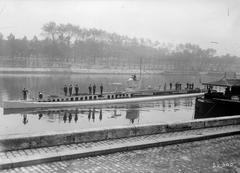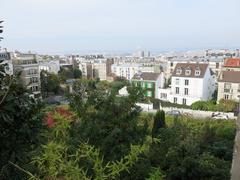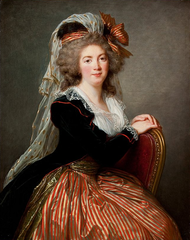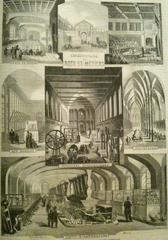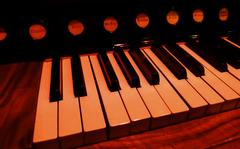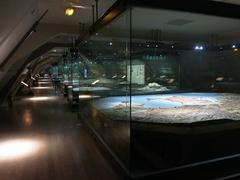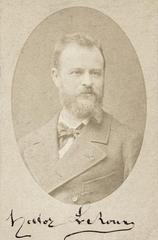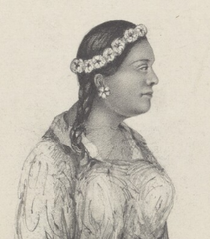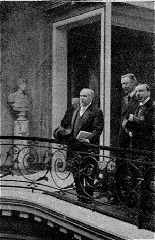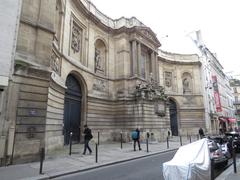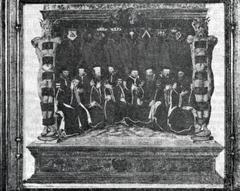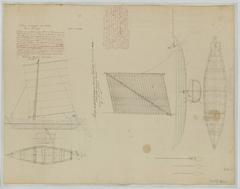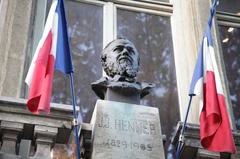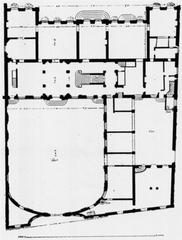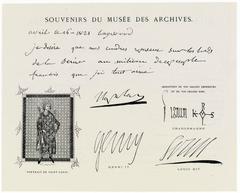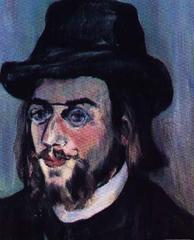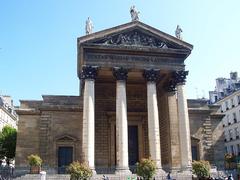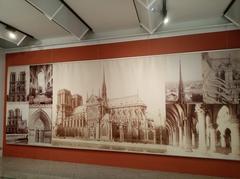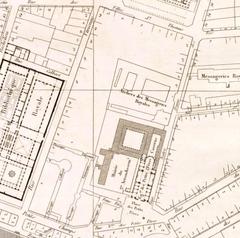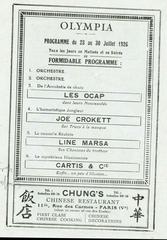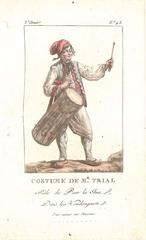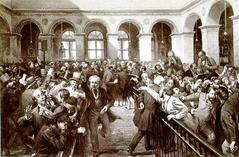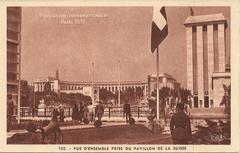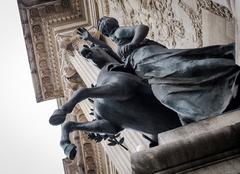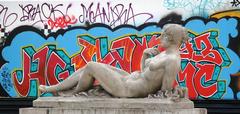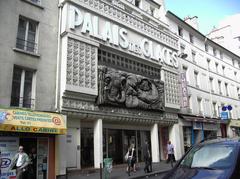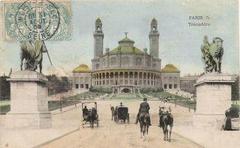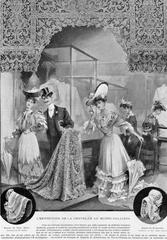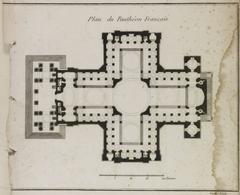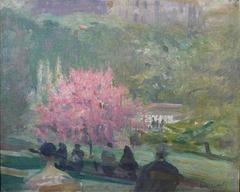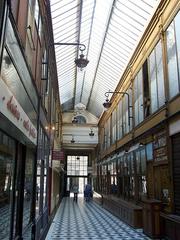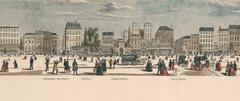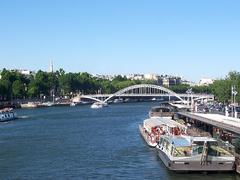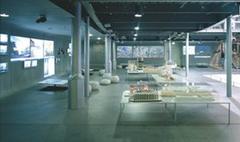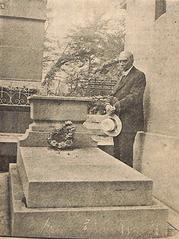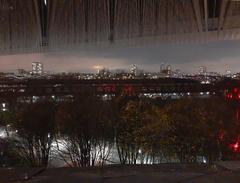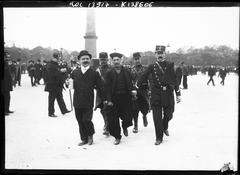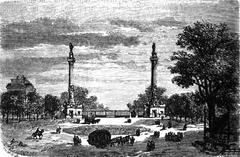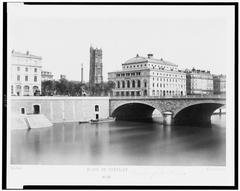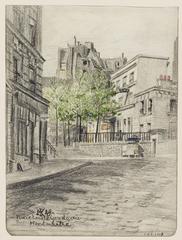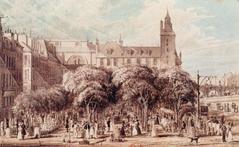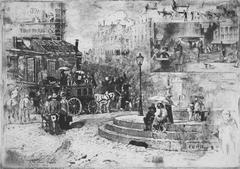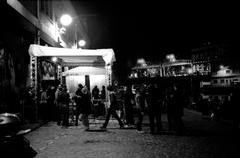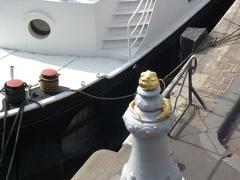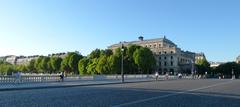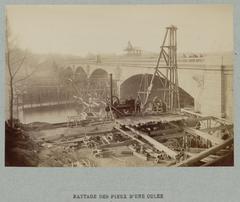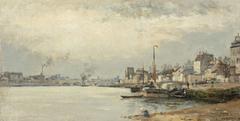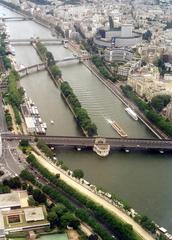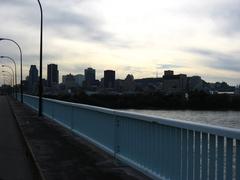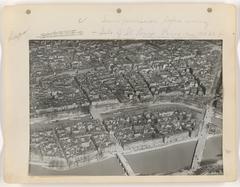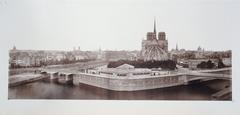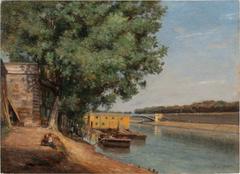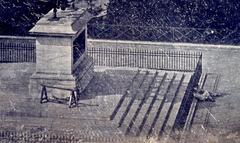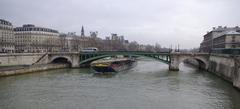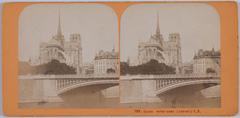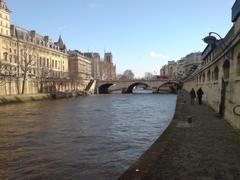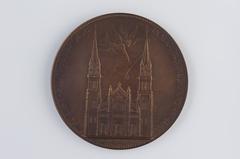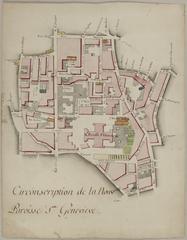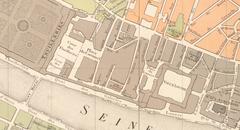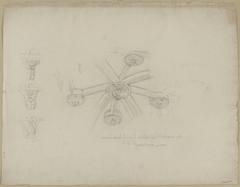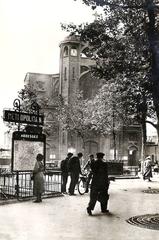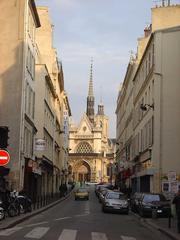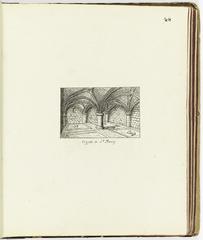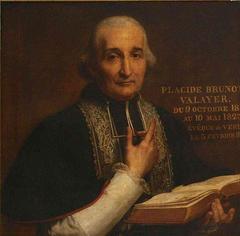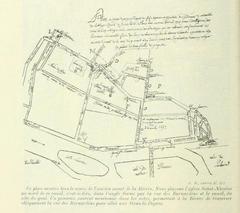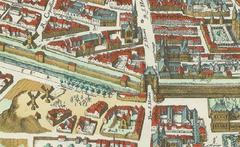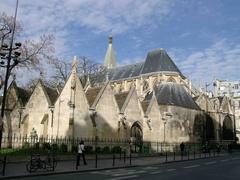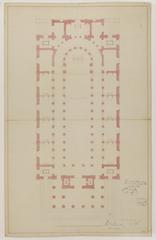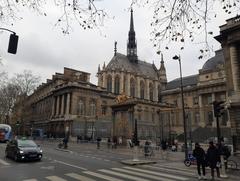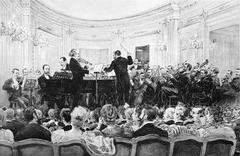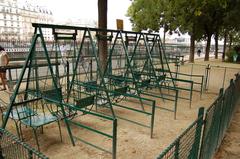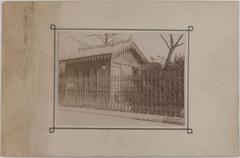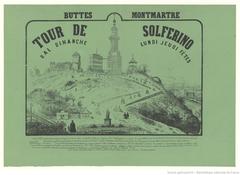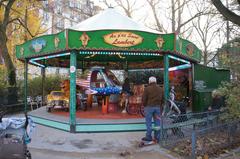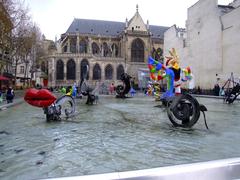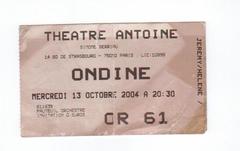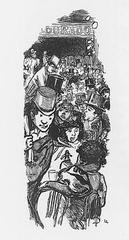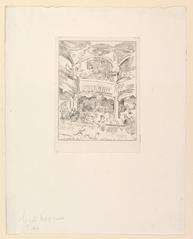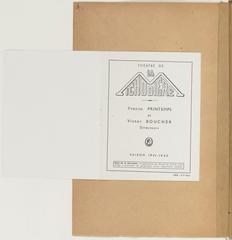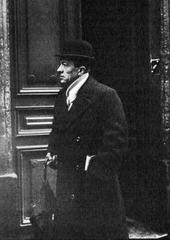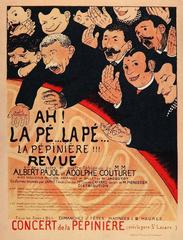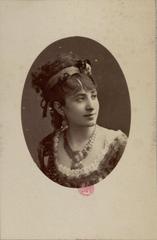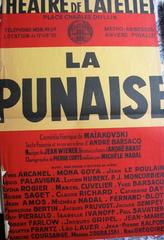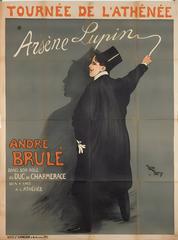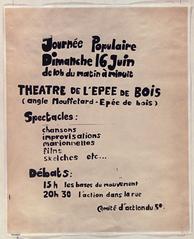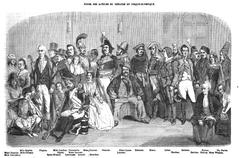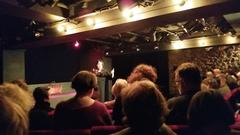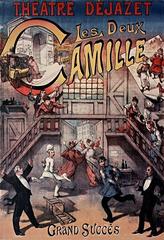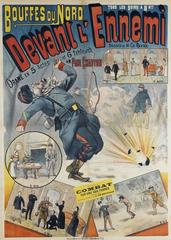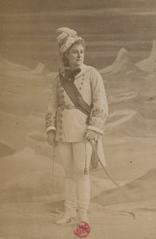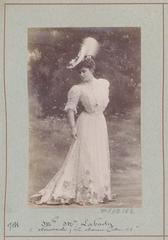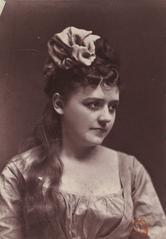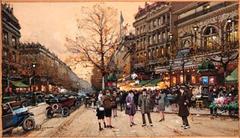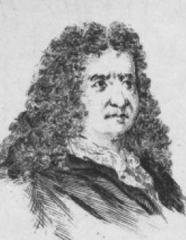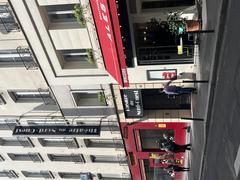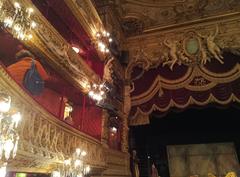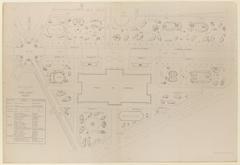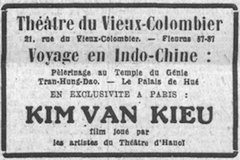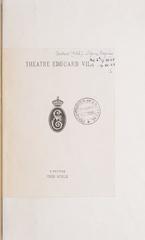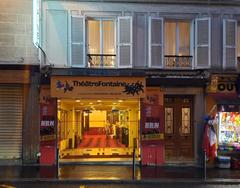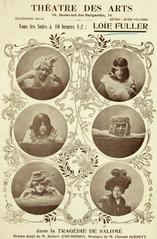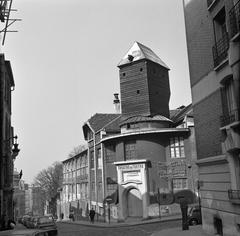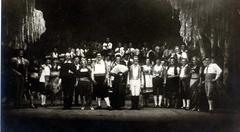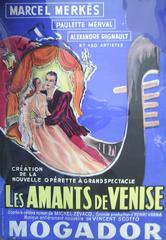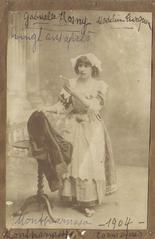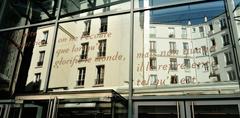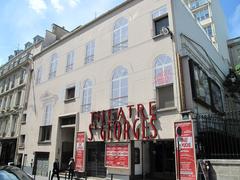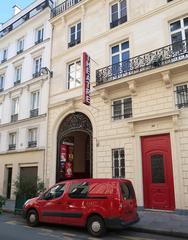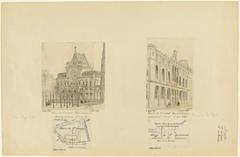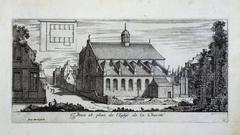
Musée De L’Assistance Publique – Hôpitaux De Paris: Visiting Hours, Tickets, and Historical Significance
Date: 03/07/2025
Introduction
The Musée de l’Assistance Publique – Hôpitaux de Paris (AP-HP) is a singular institution dedicated to the history of public healthcare in Paris. Its collections span centuries, revealing the evolution of medicine, hospital care, and public health policies that shaped not only Paris but global medical practices. While its original home in the historic Hôtel de Miramion closed in 2016, the museum’s mission continues through temporary exhibitions, educational programming, and digital initiatives. Whether you are a history lover, healthcare professional, or simply curious about Parisian culture, this comprehensive guide details the museum’s history, visitor information, ticketing, special events, accessibility, and travel tips.
For the most current details, consult the official AP-HP museum website and its digital catalog. (musee-chateau.fr, Le Quotidien de l’Art, Sortir à Paris, Paris Tourism)
Table of Contents
- Introduction
- Historical Background
- Museum Collections and Exhibitions
- Visiting Information
- Frequently Asked Questions (FAQ)
- Summary and Conclusion
- References
Historical Background
Origins of the Assistance Publique – Hôpitaux de Paris
The AP-HP is Europe’s largest hospital network, with roots reaching back to medieval religious and charitable hospitals like the Hôtel-Dieu, established in the 7th century. After the French Revolution, hospitals shifted from religious to state control, culminating in the unification of Parisian hospitals under the Assistance Publique in 1849.
Museum Foundation and Evolution
The Musée de l’Assistance Publique – Hôpitaux de Paris was founded in 1934 to preserve and promote the heritage of Parisian healthcare. Housed in the Hôtel de Miramion, a 17th-century landmark, its collections grew through donations from hospitals, medical professionals, and collectors. Following the sale of its historic home in 2016, the museum now operates through temporary exhibitions and digital platforms, with its collections stored at Bicêtre Hospital. (museedupatrimoine.fr)
Historical Significance
The museum documents the transformation of medicine from religious charity to public responsibility, scientific advancement, and social reform. Artifacts and archives reflect responses to plagues, epidemics, and the evolution of nursing, medical education, and hospital infrastructure.
Key Collections
- Medical Instruments: Medieval surgical tools, 19th-century stethoscopes, anesthesia equipment, and early X-ray machines.
- Pharmaceutical Artifacts: Apothecary jars, medicinal preparations, and pharmacy furniture.
- Hospital Furniture and Uniforms: Beds, wheelchairs, cribs, and staff attire.
- Artworks and Iconography: Portraits, engravings, sculptures, and photographs documenting hospital life and the evolution of care.
- Archival Documents: Patient registers, hospital records, correspondence, and manuscripts dating to the 16th century.
Museum Collections and Exhibitions
Permanent and Notable Collections
The museum preserves over 12,000 objects, including:
- Hôtel-Dieu Collection: Medieval medical tools and manuscripts.
- Bicêtre and Salpêtrière Collections: Psychiatry and neurology history, including devices and patient artworks.
- Philanthropy and Social Reform: Donation registers and portraits of major benefactors.
Temporary and Collaborative Exhibitions
Without a permanent exhibition space, the museum offers:
- Thematic Rotations: Focused on epidemics, surgical advances, the history of nursing, women’s roles in medicine, and the intersection of art and healing.
- Collaborative Projects: Partnerships with museums such as Musée d’Histoire de la Médecine and Sorbonne, enhancing the interpretation of medical history.
- Contemporary Perspectives: Installations and multimedia works addressing current public health issues and ethical debates.
Exhibition Techniques
- Immersive Reconstructions: Recreated wards, pharmacies, and operating theaters.
- Interactive Displays: Touchscreens, audio guides, tactile exhibits, and digital timelines.
- Educational Programs: Workshops, lectures, and hands-on activities for all audiences.
Visiting Information
Current Status and Access
Since the closure of Hôtel de Miramion, the museum’s primary collections are not on permanent public display. Instead, the AP-HP offers:
- Temporary Exhibitions: Hosted across Parisian hospitals, especially at Le Kremlin-Bicêtre. (Guide Tourisme France)
- “Hors les murs” Programming: Traveling displays, guided tours, and outreach events within the AP-HP network.
- Digital Catalog: High-resolution images and detailed descriptions of key artifacts are available online. (AP-HP digital catalog)
Researchers and professionals may request in-person access to the collections by appointment at Bicêtre Hospital.
Special Events and Educational Programs
- Nuit des Musées: Free evening access with special tours and workshops, e.g., the “À pleines dents!” exhibition focused on dental care, including relaxation workshops with specialists. (Sortir à Paris)
- European Heritage Days: Extended hours, thematic tours, and access to rarely displayed collections every September. (Préau Education)
- School and University Collaborations: Custom workshops and tours for students and educators.
- Professional Seminars: Focusing on medical ethics, history, and public health.
Visiting Hours, Tickets, and Accessibility
- General Hours: During the summer season (July 20–September 22), open Tuesday–Sunday, 13:00–17:00 (weekdays), 14:00–18:00 (weekends). Closed Mondays and on July 26 (Olympic Games opening).
- Admission: Free for all visitors, including during special events. Some tours/workshops require advance registration.
- Location: 78 Rue du Général Leclerc, 94270 Le Kremlin-Bicêtre. Metro: Line 7, station “Le Kremlin-Bicêtre”. (Paris Tourism)
- Accessibility: Step-free access, adapted facilities, and resources for visitors with disabilities. Digital catalog and audio guides expand accessibility.
Travel Tips and Nearby Sites
- Combine your visit with nearby attractions: Jardin des Plantes, Musée National d’Histoire Naturelle, and the Latin Quarter.
- Photography: Reconstructed wards and exhibitions offer excellent photo opportunities.
- Plan ahead: Special events fill quickly—register in advance and check the official website for updates.
Frequently Asked Questions (FAQ)
Q: Can I visit the museum’s permanent collection?
A: The permanent collection is not open to the public. Temporary exhibitions and guided tours are offered at select locations. (Le Quotidien de l’Art)
Q: What are the current visiting hours?
A: During the summer season, Tuesday–Sunday, 13:00–17:00 (weekdays), 14:00–18:00 (weekends). Closed Mondays.
Q: How much does admission cost?
A: Admission is free, including for special events.
Q: Are guided tours available?
A: Yes, especially during temporary exhibitions and events. Some require advance booking.
Q: Is the museum accessible for people with disabilities?
A: Yes, with adapted facilities and digital resources.
Q: How can I access the museum’s collections remotely?
A: Visit the digital catalog for online access.
Q: How do I contact the museum?
A: Email: [email protected] | Phone: +33 (0)1 40 27 50 05 (POP Culture)
Summary and Conclusion
The Musée de l’Assistance Publique – Hôpitaux de Paris remains a vital institution for the preservation and interpretation of Paris’s medical and social history. Despite the closure of its permanent site, the museum sustains its public mission through temporary exhibitions, “hors les murs” programming, and robust digital resources. Special events such as Nuit des Musées and European Heritage Days offer exceptional opportunities to engage with its collections, while educational programs foster reflection on the enduring legacy of public health in Paris.
For up-to-date information on visiting hours, ticketing, and events, consult the official AP-HP museum website. Download the Audiala app for audio guides and additional cultural content, and follow the museum on social media for the latest news.

